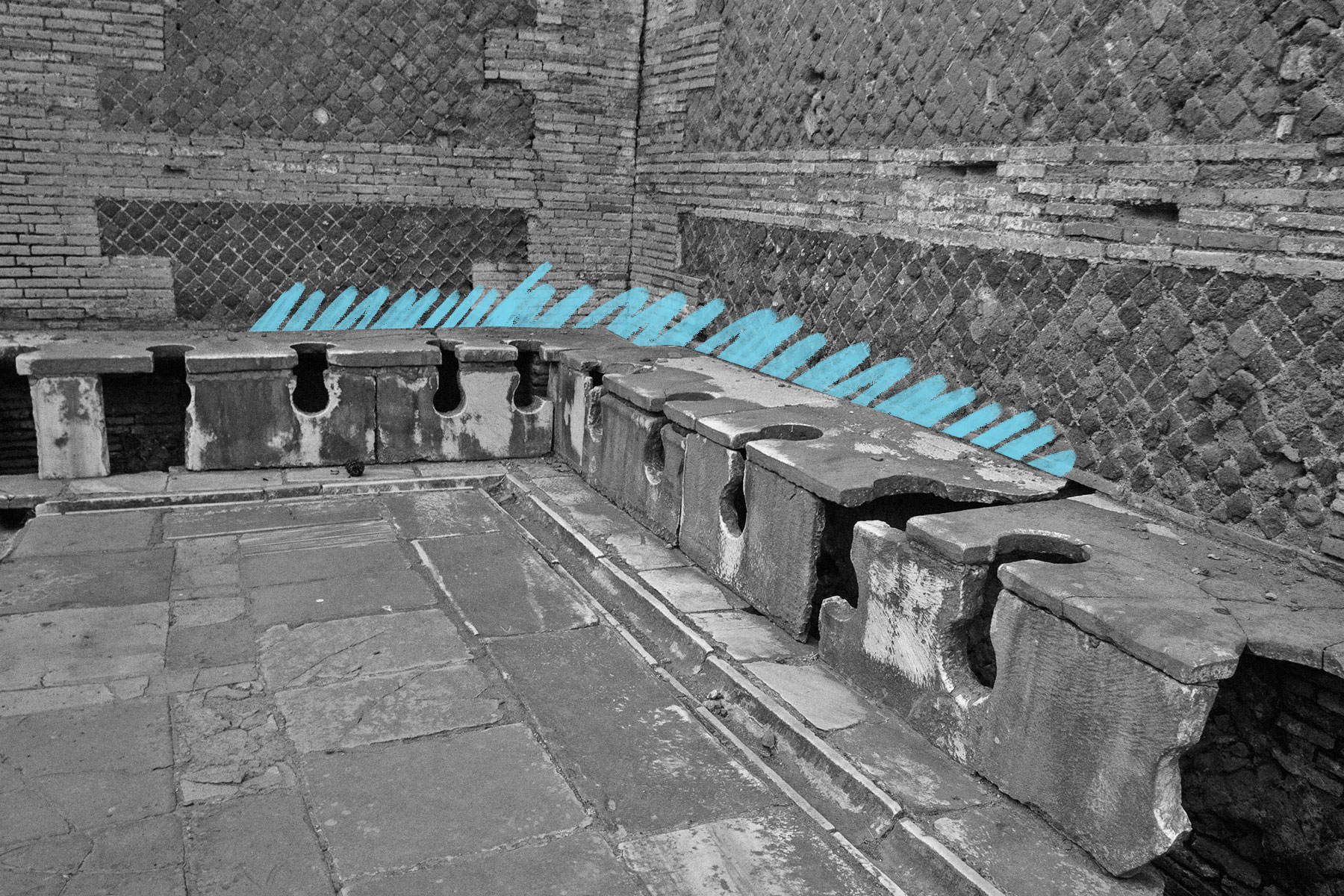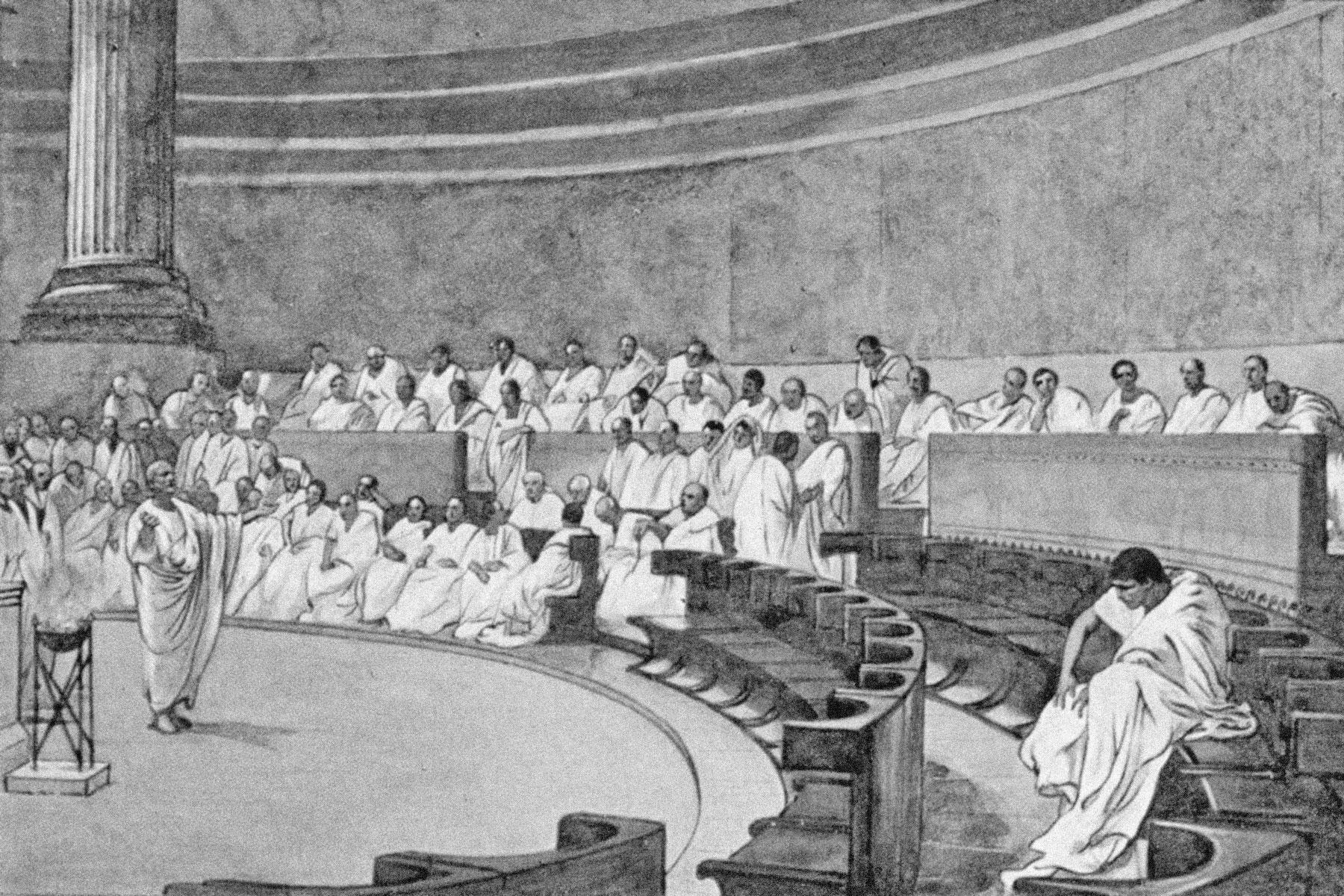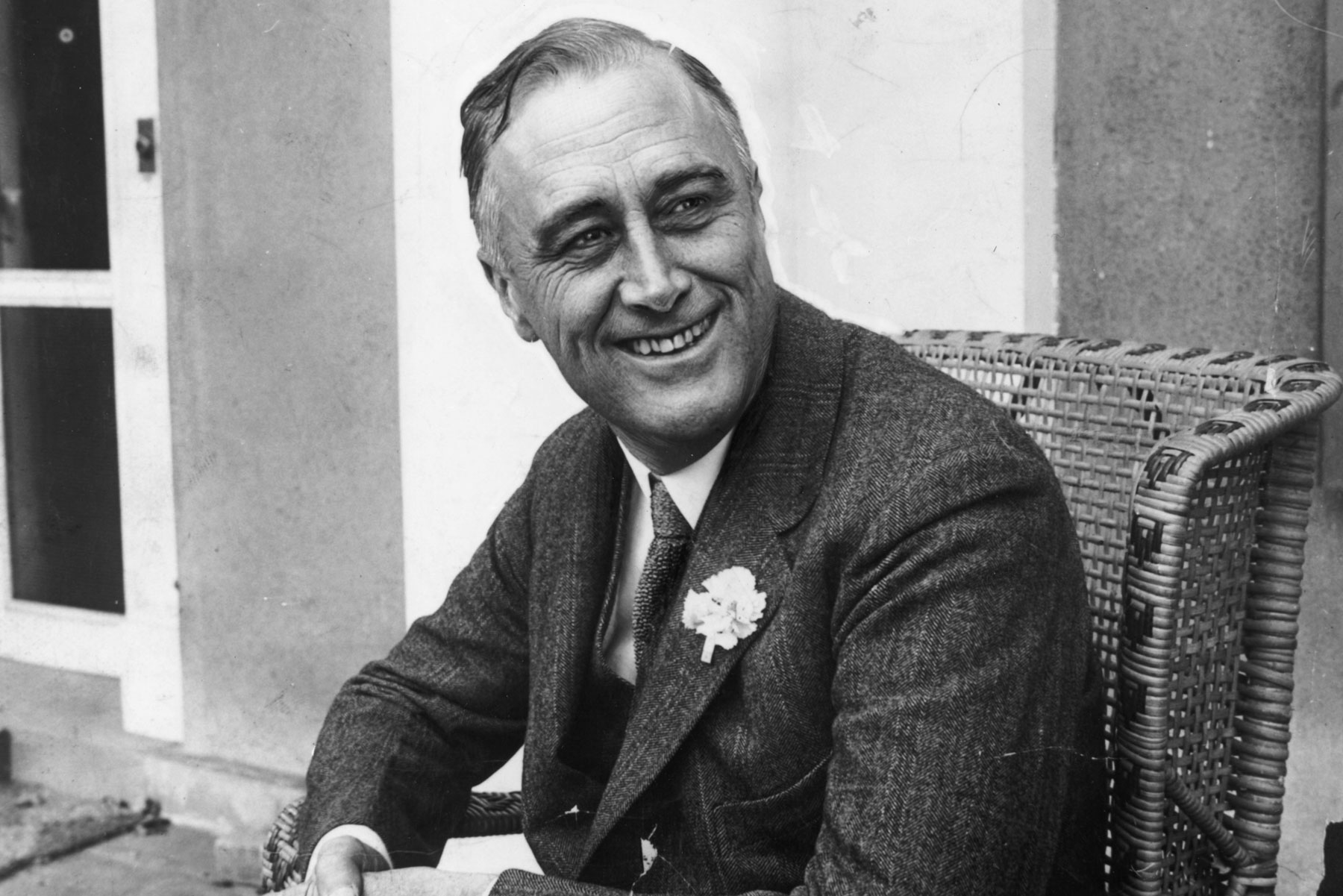 |
The Roman Empire taxed urine. |
World History |
 |
| |
| Many ancient Romans thought this income stream was, understandably, pretty gross, including Vespasian's own son Titus. According to the Roman historian Suetonius, Titus once chastised his dad for profiting off excessive taxes such as urine, and in response, Vespasian placed a coin over his son's nose and asked if it stunk. Titus replied that it didn't, and Vespasian responded, "Yet it comes from urine." In fact, Vespasian's urine tax is the origin of the Latin phrase pecunia non olet, or "money doesn't stink" — meaning that dirty money is still money. | |
 | |
 | |||||||||
By the Numbers | |||||||||
| |||||||||
| |||||||||
 | |||||||||
| |||||||||
Peter the Great taxed beards in Russia. | |||||||||
| In the late 17th and early 18th centuries, Tsar Peter I, also known as Peter the Great, was on a mission to modernize Russia. After noticing many clean-shaven men during his travels through Western Europe, he decided that his countrymen should follow suit, and even went so far as to personally shave the beards off the guests of a party held in his honor. He originally tried to ban beards outright, but the policy was massively unpopular, especially since clean shaves were considered blasphemous in the Russian Orthodox Church. Instead, Peter imposed a beard tax of 100 rubles or more for noblemen and merchants, and as low as 1 kopek (or 1% of a ruble) for commoners. Those who paid the tax were given a medal inscribed with the phrase "the beard is a useless burden" as proof. Still, the tax caused a lot of tension between the church and state in Russia, and even caused a rebellion among one military division, though the revolt was swiftly crushed. | |||||||||
 | |||
Recommended Reading | |||
 | |||
| | |||
 | |||
| | |||
| + Load more | |||
| |||
| |||||||||
| Copyright © 2023 History Facts. All rights reserved. | |||||||||
| 700 N Colorado Blvd, #513, Denver, CO 80206 | |||||||||
|





No comments:
Post a Comment